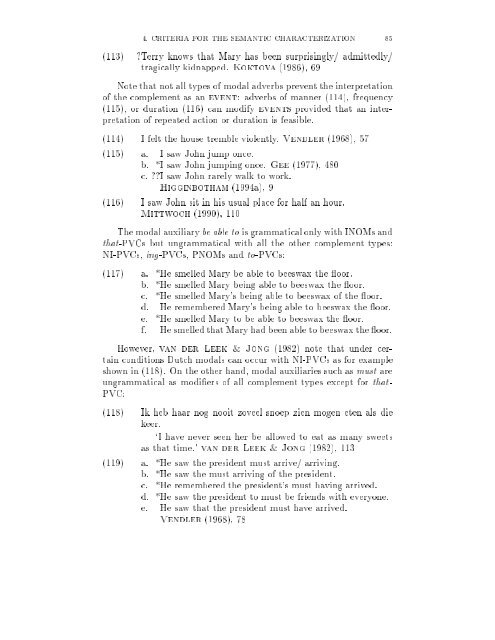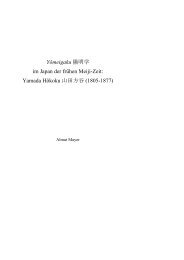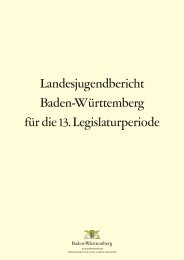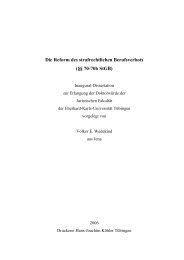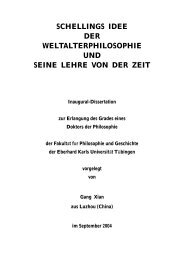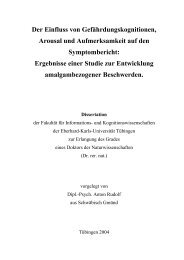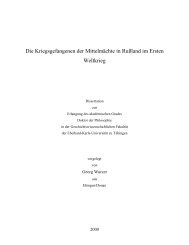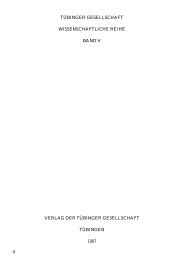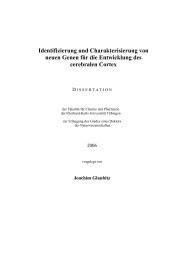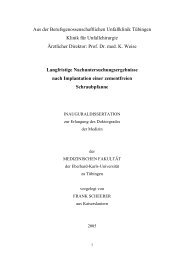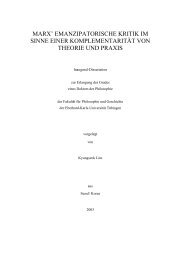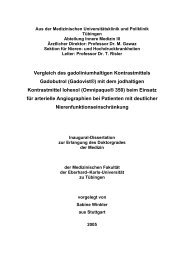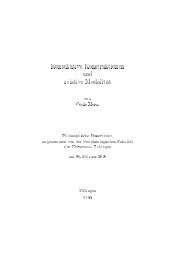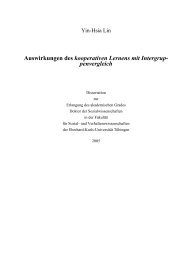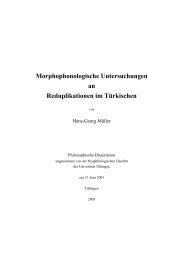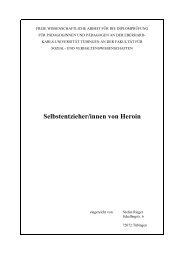Perception verb complements in Akatek, a Mayan language
Perception verb complements in Akatek, a Mayan language
Perception verb complements in Akatek, a Mayan language
Create successful ePaper yourself
Turn your PDF publications into a flip-book with our unique Google optimized e-Paper software.
4. CRITERIA FOR THE SEMANTIC CHARACTERIZATION 85<br />
(113) ?Terry knows that Mary has been surpris<strong>in</strong>gly/ admittedly/<br />
tragically kidnapped. Koktova (1986), 69<br />
Note that not all types of modal ad<strong>verb</strong>s prevent the <strong>in</strong>terpretation<br />
of the complement asanevent: ad<strong>verb</strong>s of manner (114), frequency<br />
(115), or duration (116) can modify events provided that an <strong>in</strong>terpretation<br />
of repeated action or duration is feasible.<br />
(114) I felt the house tremble violently. Vendler (1968), 57<br />
(115) a. Isaw John jump once.<br />
b. *I saw John jump<strong>in</strong>g once. Gee (1977), 480<br />
c. ??I saw John rarely walk to work.<br />
Higg<strong>in</strong>botham (1994a), 9<br />
(116) Isaw John sit <strong>in</strong> his usual place for half an hour.<br />
Mittwoch (1990), 110<br />
The modal auxiliary be able to is grammatical only with INOMs and<br />
that-PVCs but ungrammatical with all the other complement types:<br />
NI-PVCs, <strong>in</strong>g-PVCs, PNOMs and to-PVCs:<br />
(117) a. *He smelled Mary be able to beeswax the oor.<br />
b. *He smelled Mary be<strong>in</strong>g able to beeswax the oor.<br />
c. *He smelled Mary's be<strong>in</strong>g able to beeswax of the oor.<br />
d. He remembered Mary's be<strong>in</strong>g able to beeswax the oor.<br />
e. *He smelled Mary to be able to beeswax the oor.<br />
f. He smelled that Mary had been able to beeswax the oor.<br />
However, van der Leek & Jong (1982) note that under certa<strong>in</strong><br />
conditions Dutch modals can occur with NI-PVCs as for example<br />
shown <strong>in</strong> (118). On the other hand, modal auxiliaries such asmust are<br />
ungrammatical as modi ers of all complement types except for that-<br />
PVC:<br />
(118) Ik heb haar nog nooit zoveel snoep zien mogen eten als die<br />
keer.<br />
`I have never seen her be allowed to eat as many sweets<br />
as that time.' van der Leek & Jong (1982), 113<br />
(119) a. *He saw the president must arrive/ arriv<strong>in</strong>g.<br />
b. *He saw the must arriv<strong>in</strong>g of the president.<br />
c. *He remembered the president's must hav<strong>in</strong>g arrived.<br />
d. *He saw the president tomust be friends with everyone.<br />
e. He saw that the president must have arrived.<br />
Vendler (1968), 78


